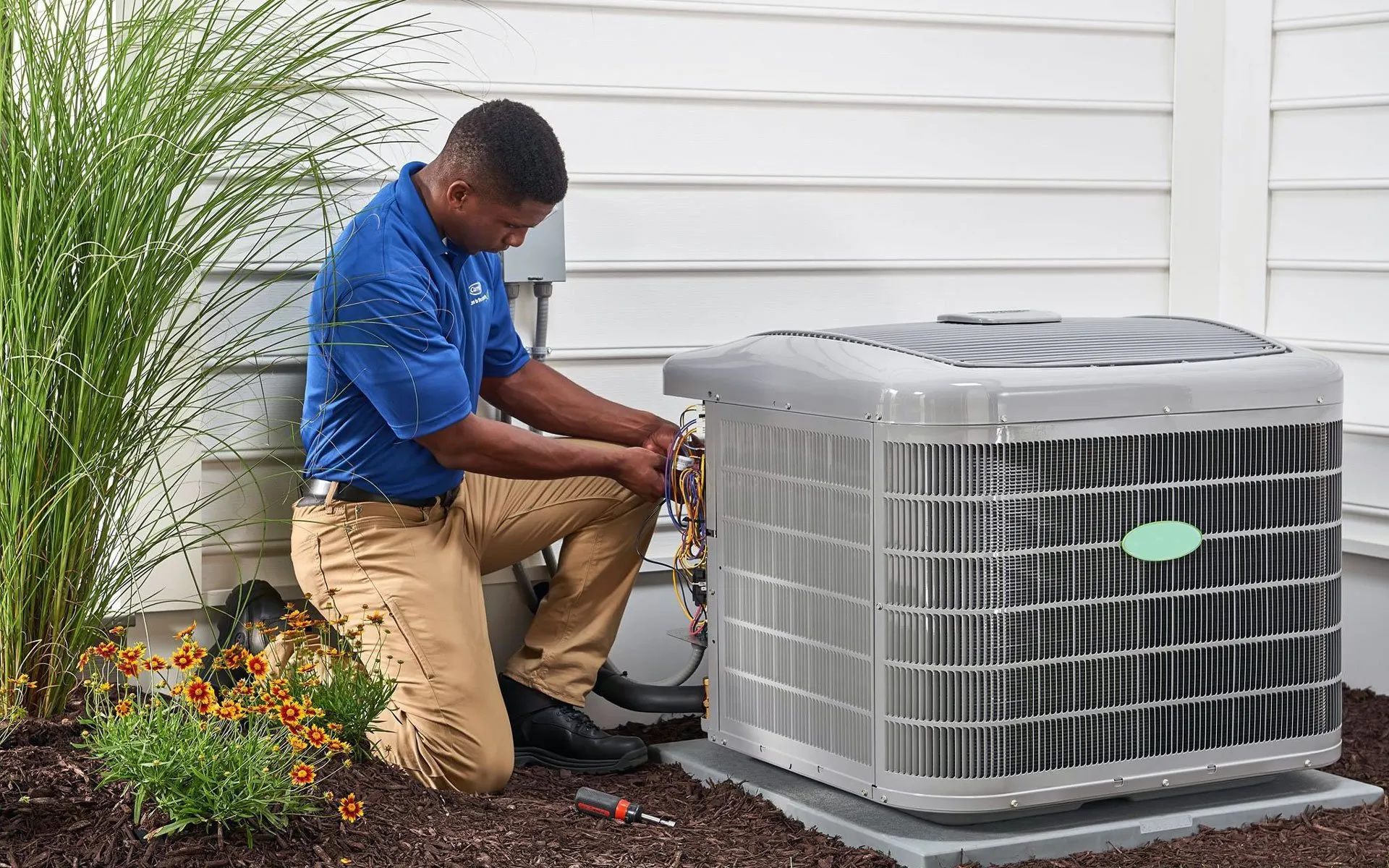How to Minimize Allergens using Your HVAC System

In the current environment, where a lot of time is spent inside, the importance of clean air cannot be overstated. Indoor allergens and pollutants can easily accumulate in the home environment, aggravating allergies and respiratory issues for many individuals. One of the most effective ways to combat these airborne irritants is through the use of an HVAC system. Understanding how to leverage your heating, ventilation, and air conditioning system can lead to a significant improvement in the quality of the air inside your home.
This article will explore practical strategies to reduce allergens using your HVAC system. Whether you're a homeowner seeking to boost comfort or someone keen on understanding the basics of HVAC, you'll find insights into keeping your HVAC system in good shape, picking effective air filters, and enhancing ventilation to create a healthier living environment. Let’s dive into how the HVAC system can function not just to heat and cool your home, but also to ensure the air you breathe is fresh and devoid of allergens.
Understanding HVAC Systems
Heating, Ventilation, and Air Conditioning refers to the Heating, Ventilation, and Air Conditioning, serving as vital parts of modern indoor climate control. This system operates to ensure ideal residential and workspace spaces by managing climate, humidity, and air cleanliness. An HVAC system can be unified or independent, with various designs tailored to meet diverse types of facilities and individual needs. Grasping how these configurations perform is crucial for property owners and organizations alike.
The thermal component of an HVAC system often comprises furnaces, pump heaters, and water heaters, that function to generate warmth in chilly seasons. These devices use various forms of energy, including electrical energy, natural gas, or oil, to create heat and spread it throughout the space via ventilation systems or heating units. Conversely, cooling devices are tasked with cooling indoor air throughout sweltering months, employing cooling agents to capture and transfer heat outdoors.
Ventilation is another critical component of HVAC setups, as it facilitates new air flow and improve indoor air quality. This process involves both uncontrolled and mechanical methods to deliver outdoor air and expel stale air. Proper ventilation not only minimizes allergens and pollutants but also avoids issues like mold growth and excessive humidity, which makes it integral to a healthy interior atmosphere.
Heating, Ventilation, and Air Conditioning Servicing and Efficiency
Regular care is important to keep your HVAC system functioning efficiently. This includes replacing air filters frequently, ideally every one to three months, based on usage and the style of filter you have. A clean filter allows for optimized airflow, which enables your system work with less effort to maintain a comfortable temperature in your living space. Additionally, planning yearly professional inspections can help spot potential issues before they turn into costly repairs, ensuring that your system operates at maximum efficiency all year long.
Proper ventilation also plays a crucial role in maintaining HVAC efficiency. Keeping vents and ducts free from blockages allows air to flow freely throughout your home. It is important to check and maintain your air ducts periodically, as dirt and grime can gather over time, leading to diminished airflow and higher energy costs. By making air conditioner that your HVAC system has the necessary airflow it needs, you can enhance its efficiency and lengthen its lifespan.
Investing in regular maintenance not only boosts the efficiency of your HVAC system but can also bring about substantial savings on your energy bills. When your system is functioning well, it uses less energy to heat or chill your home. Smart thermostats can complement this by adjusting temperature settings based on your lifestyle and choices, further reducing energy consumption. Servicing your HVAC system with a focus on efficiency can foster a better living environment while controlling your costs in check.
Boosting Interior Air Quality
Enhancing indoor air quality is crucial for ensuring a healthy living space, and your HVAC unit plays a critical role in this aspect. A well-functioning HVAC unit helps filter out pollutants such as particles, plant spores, pet dander, and other allergens that can lead to allergies and lung issues. Consistent upkeep, including changing filters and maintaining ducts, makes sure that your unit operates efficiently and effectively promotes fresh air circulation throughout your home.
A significant factor of boosting indoor air quality is suitable ventilation. Utilizing ventilation techniques can help eliminate stale air and supply fresh outdoor air. Modern HVAC systems often come fitted with ventilation features that instinctively adjust airflow based on indoor air quality measurements. This not only helps reduce indoor contaminants but also lowers humidity levels, which can avert the growth of fungus and mildew.
Lastly, selecting the right air filters is crucial for capturing harmful allergens. High-Efficiency Particulate Air (HEPA) filters are designed to trap tiny particles, making them perfect for those reactive to allergens. Transitioning to these premium filters can significantly improve your home's indoor air quality, helping you breathe more freely and creating a healthier living space for you and your family.

